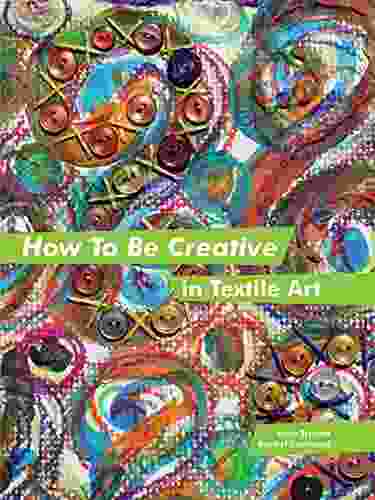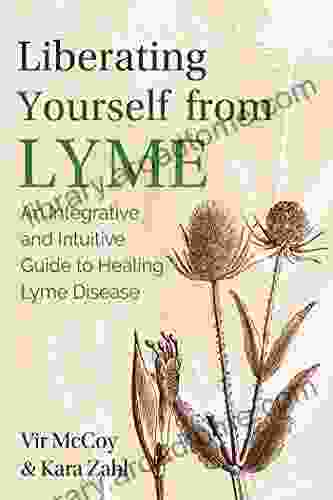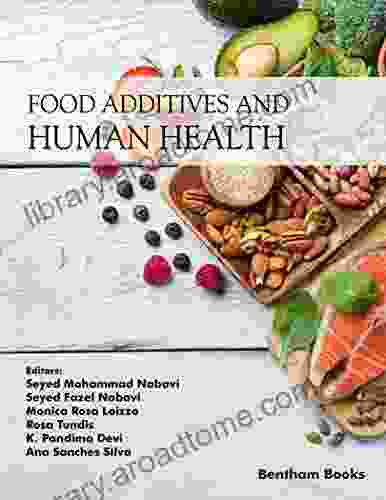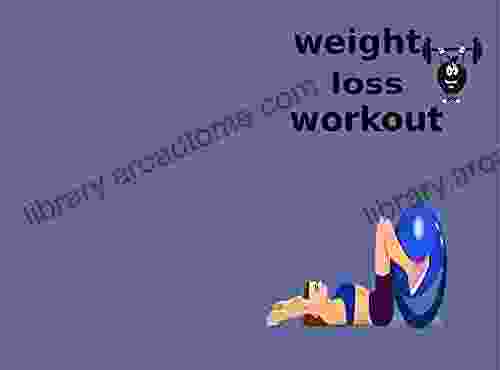Unveiling the Impact of Food Additives on Human Health: An In-Depth Exploration

4.5 out of 5
| Language | : | English |
| File size | : | 7219 KB |
| Text-to-Speech | : | Enabled |
| Screen Reader | : | Supported |
| Enhanced typesetting | : | Enabled |
| Print length | : | 354 pages |
| Lending | : | Enabled |
In today's fast-paced world, processed foods and beverages have become an integral part of our diets. These products often contain a wide array of food additives, each serving a specific purpose to enhance taste, texture, color, and shelf life. However, concerns have arisen regarding the potential impact of these additives on human health.
Types of Food Additives and Their Applications
Food additives encompass a vast range of substances used in food processing. They can be classified into various categories based on their function:
- Antioxidants: Prevent food from spoiling by inhibiting oxidation
- Preservatives: Extend shelf life by preventing microbial growth
- Colors: Enhance visual appeal and compensate for color loss during processing
- Flavors: Improve taste and aroma, making food more palatable
- Emulsifiers: Keep ingredients mixed together that would otherwise separate
- Stabilizers: Maintain texture and consistency
- Sweeteners: Provide sweetness without the calories of sugar
Potential Health Effects of Food Additives
While many food additives are considered safe under current regulations, some have been linked to potential health concerns:
- Allergies and Intolerances: Certain additives, such as sulfites, can trigger allergic reactions or intolerances in sensitive individuals
- Neurological Effects: Some artificial colors and flavors have been associated with hyperactivity, attention deficit hyperactivity disFree Download (ADHD),and headaches
- Hormonal Disruption: Some additives, like parabens and phthalates, may interfere with hormonal balance and reproductive health
- Cancer: Certain additives, such as sodium nitrite and some artificial sweeteners, have been linked to an increased risk of certain types of cancer
Evaluating the Safety of Food Additives
Ensuring the safety of food additives is a complex process that involves rigorous scientific evaluation. Regulatory agencies around the world, such as the U.S. Food and Drug Administration (FDA) and the European Food Safety Authority (EFSA),conduct extensive research to assess the risks and benefits of each additive.
The evaluation process typically involves:
- Toxicological studies to determine potential health risks
- Assessment of exposure levels and dietary intake
- Consideration of the function and necessity of the additive
Regulatory Framework for Food Additives
To protect consumers, governments implement strict regulations to govern the use of food additives. These regulations specify acceptable levels of additives in different types of food, based on scientific assessments of safety.
Key provisions of food additive regulations include:
- Mandatory approval processes before additives can be used in food
- Establishment of "safe" levels and limits for additive usage
- Requirement for clear labeling of food products containing additives
- Ongoing monitoring and evaluation of food additives post-approval
Consumer Choices and Informed Decision-Making
With the abundance of information available on food additives, consumers have the power to make informed choices about the foods they consume. Here are some tips for making informed decisions:
- Read food labels carefully: Pay attention to the list of ingredients and check for any additives you may be concerned about
- Learn about the different types of additives: Educate yourself on the functions and potential health effects of various additives
- Make balanced choices: Consider the overall nutritional value of food products and opt for options with fewer additives when possible
- Consult with healthcare professionals: Discuss any concerns or allergies related to food additives with your doctor
Food additives play a significant role in the modern food industry, offering numerous benefits while also raising concerns about potential health effects. By understanding the different types of additives and their safety evaluations, consumers can make informed choices to balance the convenience and palatability of processed foods with their overall health and well-being.
For a comprehensive exploration of food additives and their impact on human health, dive into "Food Additives and Human Health," a groundbreaking book by renowned nutritionist and food safety expert, Dr. Jane Williams. This book provides an in-depth analysis of the scientific evidence, regulatory frameworks, and consumer implications, empowering readers with the knowledge they need to make informed dietary decisions.
4.5 out of 5
| Language | : | English |
| File size | : | 7219 KB |
| Text-to-Speech | : | Enabled |
| Screen Reader | : | Supported |
| Enhanced typesetting | : | Enabled |
| Print length | : | 354 pages |
| Lending | : | Enabled |
Do you want to contribute by writing guest posts on this blog?
Please contact us and send us a resume of previous articles that you have written.
Light bulbAdvertise smarter! Our strategic ad space ensures maximum exposure. Reserve your spot today!

 Terry BellAccounting Standards and the Question of Global Convergence: A Comprehensive...
Terry BellAccounting Standards and the Question of Global Convergence: A Comprehensive...
 Robert BrowningUnlock the Secrets of Success: Dive into "The Science of Mind, Creative Mind,...
Robert BrowningUnlock the Secrets of Success: Dive into "The Science of Mind, Creative Mind,...
 John GreenUnveiling the Enchanting History of the Mughal Empire: A Comprehensive Guide...
John GreenUnveiling the Enchanting History of the Mughal Empire: A Comprehensive Guide... Neil ParkerFollow ·5.8k
Neil ParkerFollow ·5.8k Israel BellFollow ·13.6k
Israel BellFollow ·13.6k William GoldingFollow ·19.9k
William GoldingFollow ·19.9k Ivan TurnerFollow ·16.4k
Ivan TurnerFollow ·16.4k Gordon CoxFollow ·13.9k
Gordon CoxFollow ·13.9k Rubén DaríoFollow ·2.1k
Rubén DaríoFollow ·2.1k Ignacio HayesFollow ·2.7k
Ignacio HayesFollow ·2.7k Duane KellyFollow ·4.2k
Duane KellyFollow ·4.2k

 Lord Byron
Lord ByronHow to Be Creative in Textile Art: A Comprehensive Guide...
Textile art is a...

 Kenneth Parker
Kenneth ParkerMaster the Art of Grilling with "The BBQ Sauces Cookbook"
Are you tired of the same old...

 Jerome Blair
Jerome BlairTeaching Ceramics Potter Manual: Unlock Your Inner Artist...
Imagine the satisfaction of crafting exquisite...

 Paulo Coelho
Paulo CoelhoLiberating Yourself From Lyme: A Comprehensive Guide to...
What is Lyme...

 Banana Yoshimoto
Banana YoshimotoInspiring Art Explorations: Unleashing Creativity in...
Prepare to be inspired...
4.5 out of 5
| Language | : | English |
| File size | : | 7219 KB |
| Text-to-Speech | : | Enabled |
| Screen Reader | : | Supported |
| Enhanced typesetting | : | Enabled |
| Print length | : | 354 pages |
| Lending | : | Enabled |














































